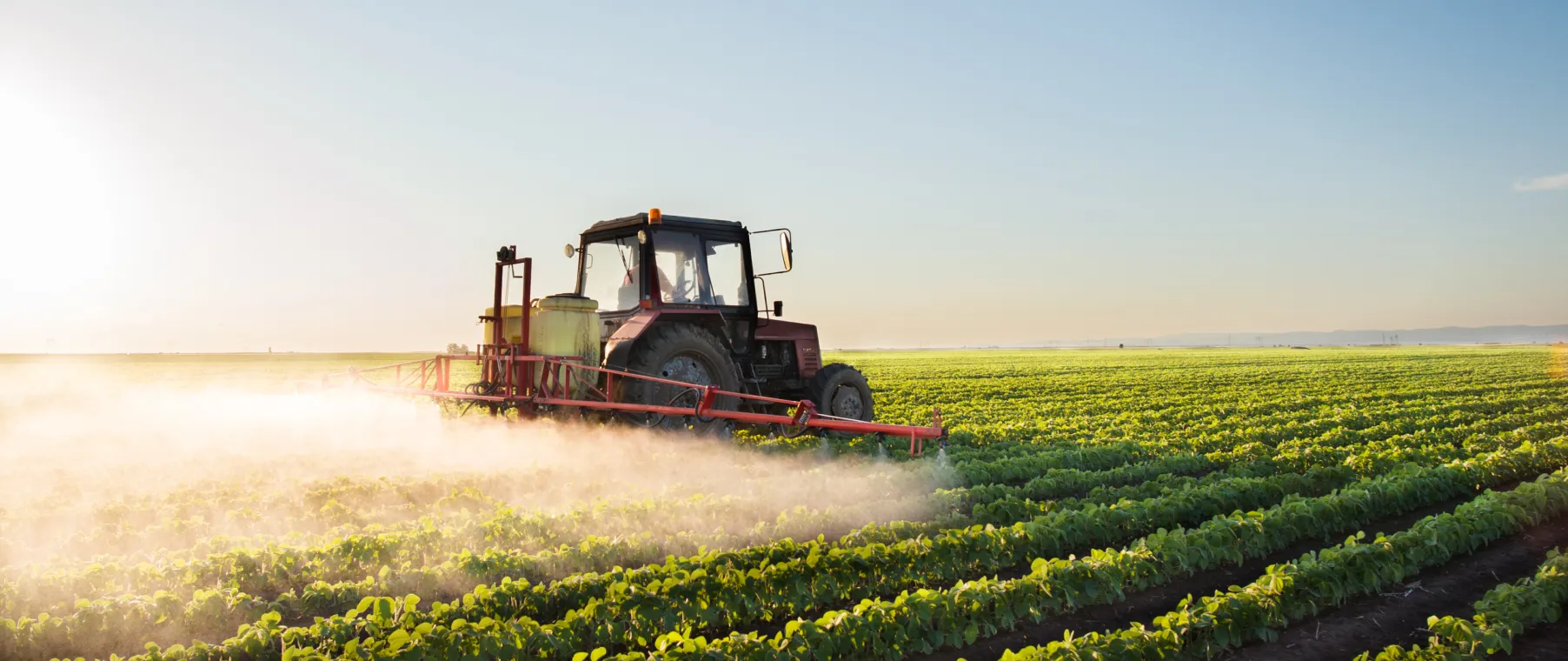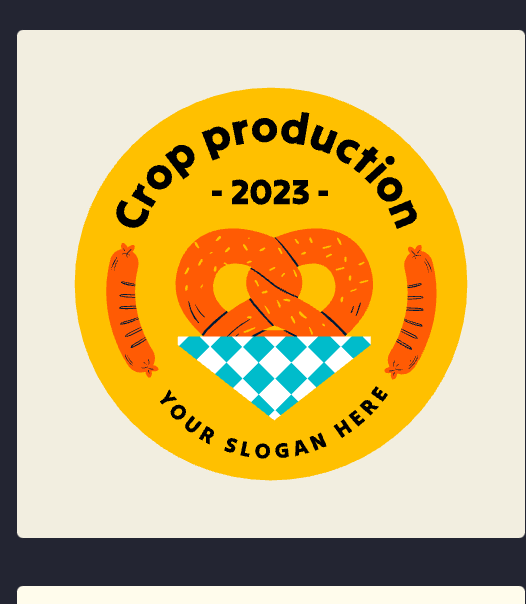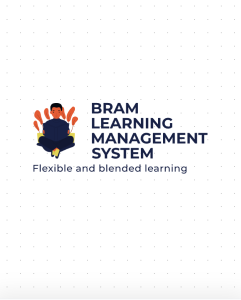bramwelnyambuni.gnomio.com
-
Welcome to your new Gnomio site
Now, you are in control!
Moodle is an open-source Learning Management System (LMS) that provides educators with the tools and features to create and manage online courses. It allows educators to organize course materials, create quizzes and assignments, host discussion forums, and track student progress. Moodle is highly flexible and can be customized to meet the specific needs of different institutions and learning environments.
Moodle supports both synchronous and asynchronous learning environments, enabling educators to host live webinars, video conferences, and chat sessions, as well as providing a variety of tools that support self-paced learning, including videos, interactive quizzes, and discussion forums. The platform also integrates with other tools and systems, such as Google Apps and plagiarism detection software, to provide a seamless learning experience.
Moodle is widely used in educational institutions, including universities, K-12 schools, and corporate training programs. It is well-suited to online and blended learning environments and distance education programs. Additionally, Moodle's accessibility features make it a popular choice for learners with disabilities, ensuring that courses are inclusive and accessible to all learners.
The Moodle community is an active group of users, developers, and educators who contribute to the platform's development and improvement. The community provides support, resources, and documentation for users, as well as a forum for sharing ideas and best practices. Moodle releases regular updates and improvements, ensuring that the platform remains up-to-date with the latest technologies and best practices.
Links of interest:
(You can edit or remove this text)
Courses
Skip site announcements
Site announcements
Skip available courses
Available courses

Agriculture extension and education
- Definition: Agricultural extension is a system of out-of-school education and services for farm families and others directly or indirectly involved in farm production. It aims to help them adopt improved practices in production, management, conservation, and marketing.
- Purpose: The primary goal is to bring about desirable changes in the knowledge, skills, and attitudes of people in rural areas. It involves spreading useful information and ideas to rural communities outside of traditional classroom settings.
- Key Principles:
- Needs and Interests: Extension work must be based on the specific needs and interests of the people it serves.
- Grassroots Organization: It should be sponsored by local community groups to ensure the programs fit local conditions.
- Learning by Doing: Encourages farmers to learn through hands-on experience and participation.
- Cooperation: Extension is a collaborative effort between rural people and officials to achieve common goals.
- Importance:
- Extension uses democratic methods to educate farmers, respecting their individuality and decision-making.
- It helps in the speedy dissemination of new research findings to the people.
- Addresses the numerous and widespread problems faced by rural communities.
- Relation to Education: Extension is a form of education that stretches beyond the confines of formal educational institutions. It focuses on practical application and community development.
- Historical Context: The term "extension" was first used in the USA around 1914, referring to a university branch for students unable to attend the university itself.
- Father of Extension: Dr. J.P. Leagans is known as the father of extension. Dr. K. N. Singh is known as father of Extension in the Indian context.
- Core elements of extension:
- Knowledge and skills.
- Technical advice and information.
- Farmers' organization.
- Key books on Agricultural Extension:
- Extension Education- Adivi Reddy.
- Extension communication and management- Ray G L.
- Education and Communication for development- Dahama O P and Bhatnagar O P.
- An Introduction to Extension Education - S V Supe.
- Agricultural Extension Education - K N Singh.
- Textbook on Agricultural Communication (Process and Methods) – A S Sandhu.
- Challenging the Professions: frontiers for rural development – Robert Chamber.
- Rural Development: Putting the last first- Robert Chamber.
- Guide on alternative extension approaches – G H Axinn.
- Modernizing World Agriculture: A comparative study of agricultural Extension. Education systems - G H Axinn & S Thorat.
- Agricultural Knowledge and information systems- N Rolling.
- Extension Science: Information systems in agricultural development -N Rolling.
- Agricultural Extension – Van Den Ban & H S Hawkins.
- An Introduction to agricultural Extension - A Mosher.
- The effect of Mass communication- Klapper.
- Teacher: Joyline Cheruiyot
- Teacher: Admin User

The course involves crop production in general
- Teacher: Admin User
